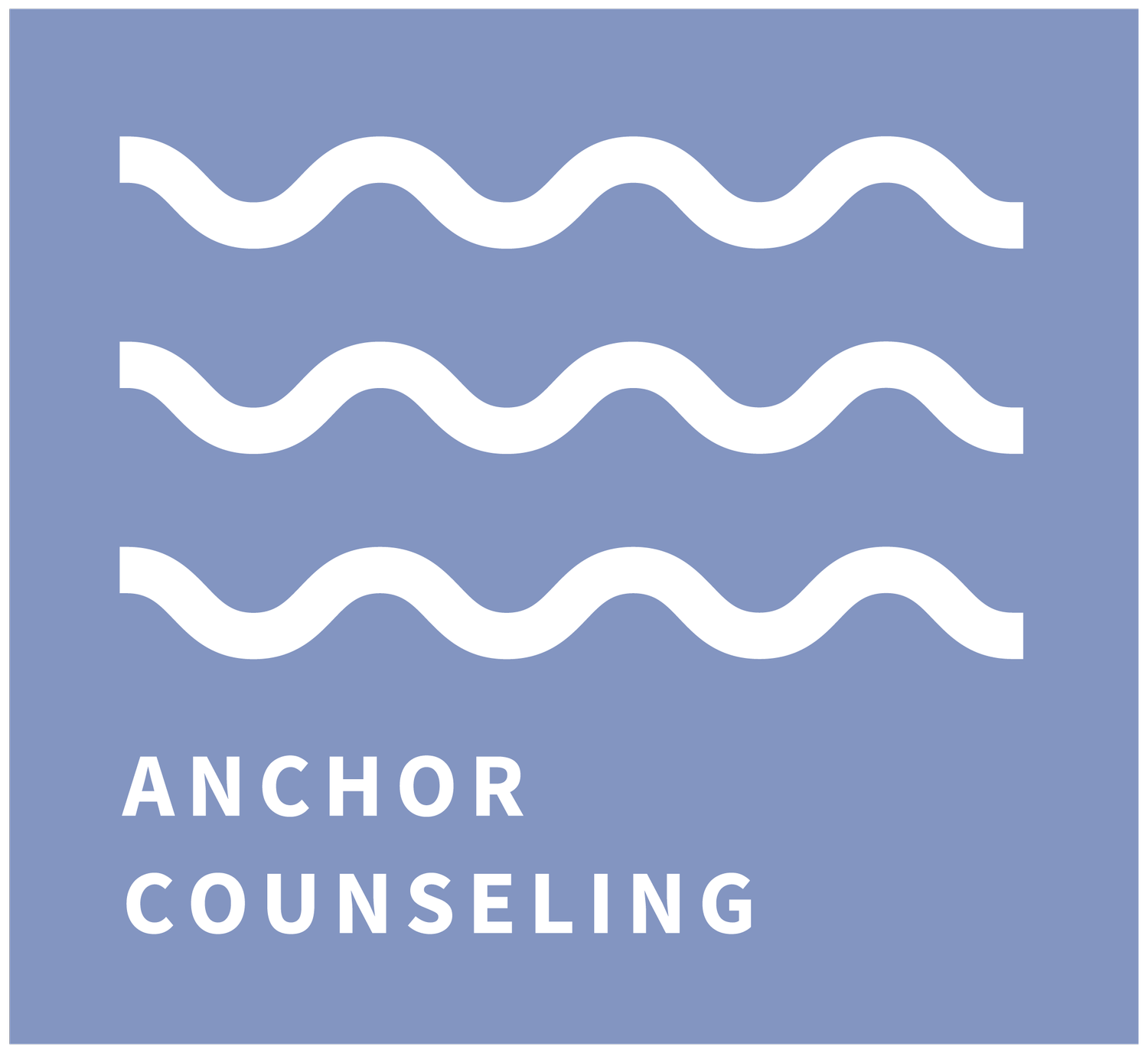Our Blog
5 Myths About Grief You Should Know
We all experience grief at some point in our lives. Learning what you can about grief can help you feel less lost when it’s your turn to grieve.
The Stages of Romantic Relationships: What You Should Know
Wondering why your relationship doesn’t feel the way it did when you first got together? Understanding the stages of romantic relationships may help.
5 Common Misconceptions About Depression
Misinformation about depression is common. Here are 5 misconceptions that our NYC therapists hear about depression.
7 Things You Can Do to Improve Your Self-Respect
Over time, improving your level of self-respect can help you feel better about yourself overall, improving your self-esteem. Here’s how you can do it!
The Connection Between Sleep and Mental Health
Sleep is a foundational aspect of both our physical and mental health. Discover how to improve your sleep.
8 Strategies for Overcoming Loneliness in the New Year
If you’re feeling overwhelmed by loneliness this winter, know that you won’t feel this way forever. Here are some things you can try.
Celebrating Sobriety: Navigating a Sober Holiday Season
The holidays can be a lonely time for people navigating sobriety. Here are some suggestions for how to approach sobriety this holiday season.
Navigating Family Conflict During Holiday Gatherings
For many families the holidays are a time of stress and family conflict. If that’s the case for yours, here’s how you can prepare.
7 Tips to Cope with Seasonal Affective Disorder This Winter in NYC
Understanding what SAD is, what symptoms to look for, and how you can manage its effects, can help you navigate your life, no matter what season you’re in.
5 Things You Should Know About Conflict in Relationships
Learning more about conflict in relationships can help you have more compassion for yourself and your partner when you find yourselves in an argument.
What to Ask Your Partner Before Getting Married
Getting married is a decision that requires thoughtful consideration from various angles, including mental health, finances, and the state of your relationship. Explore key questions to ask your partner(s) before getting married.
How to Decide if You Should Go to Therapy
If you're considering therapy but aren’t sure if it’s the right time, here are a few signs it might be beneficial and what you can expect from starting the process.
Key Benefits of Individual Therapy
Individual therapy is more than just a place to talk about your feelings—it’s an opportunity for self-growth, healing, and change.
Taking Care of Yourself When You Have Brain Fog
Anyone may experience brain fog from time to time, but for those who also live with chronic illnesses or chronic pain, brain fog may be a regular experience, which can negatively influence the state of your mental health. Managing brain fog is frustrating and can make you feel lazy, defeated, and further exhausted, especially if you’re trying to manage it without support.
Do You Need Stronger Boundaries, or Distress Tolerance?
Setting boundaries to avoid discomfort is all too easy to do, especially if you’re new to setting boundaries. When you establish a boundary, it’s with the goal of making something tolerable (or enjoyable) long term. Another way we can work on that? Distress tolerance skills!
Setting Boundaries with Your Family: A Compassionate Guide
Boundaries are essential to healthy relationships, especially with family. Here’s how you can communicate your boundaries effectively and compassionately.
What Happens in Couples Therapy?
Feeling apprehensive at the unknown can prevent us from going for a lot of things in life–but our relationships are important to us, so taking the risk here can be massively rewarding. But knowing this doesn’t often make it any less intimidating to jump into a process you know little about! If the fear of the unknown is holding you back from starting couples counseling, take some time to read through these points for a better idea of what goes on in couples therapy.
Mind-Reading, Should Statements & Emotional Reasoning: 3 More Cognitive Distortions
Negative thinking traps (or cognitive distortions) are errors, or negative patterns in our thinking processes. When trapped, our thought processes tend to overlook context, leave information out, or assign motivations with no evidence behind them. Today we’re going to explore three more: Mind-reading, Should statements, and Emotional reasoning.
5 Common Misconceptions About Obsessive Compulsive Disorder
Despite its prevalence, there’s a lot of misinformation about Obsessive Compulsive Disorder, making it tough to understand. These are some of the most common misconceptions about OCD that our NYC therapists hear about.
Chronic or Acute Stress: What Are You Feeling?
Understanding this difference between chronic and acute stress can help you make the distinction for yourself when you’re experiencing intense periods of stress. Is it situational, caused by something coming up in your life, or does it never seem to go away?





















